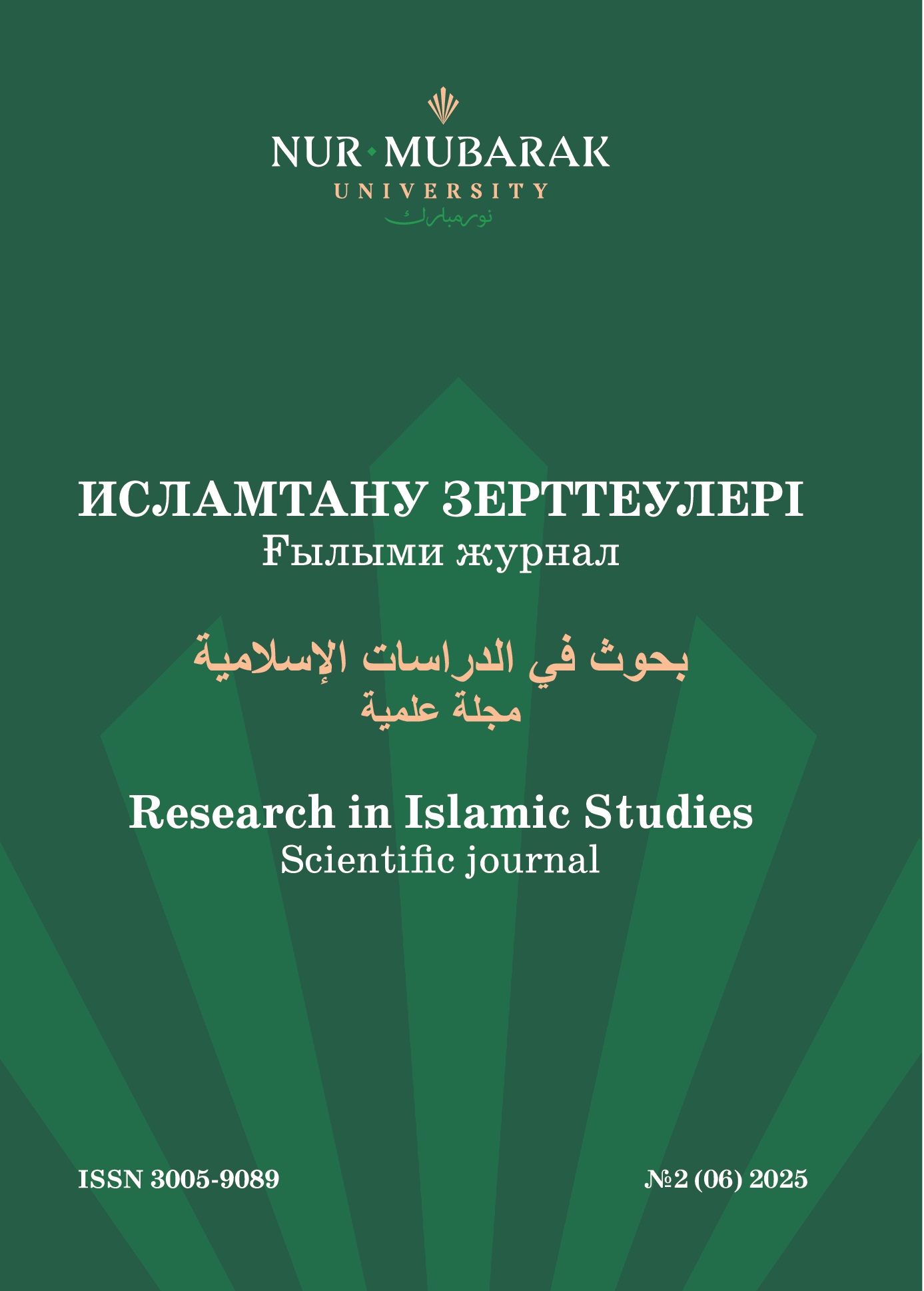Abstract
This article comprehensively examines the experience of appointing religious personnel by the Orenburg Muslim Spiritual Assembly during the period of Tsarist Russia. The author analyzes the reasons for the establishment of the OMSA and its role in the colonial policy, as well as the procedures for selecting and appointing religious figures. The article highlights the requirements set for candidates for the positions of mullahs and teachers, the methods for assessing their religious knowledge, and the system of examinations. It also explores the role of Tatar and Bashkir mullahs in the Kazakh steppe and their use for administrative purposes. Furthermore, the state's policy of rewarding and controlling religious personnel is discussed. The article demonstrates the interaction between Islam and the administrative system, showing how religious leaders lost their traditional role as spiritual authorities and became tools of political power. The study results offer a deeper understanding of the OMSA’s impact on the religious and socio-political processes in Kazakh society.



